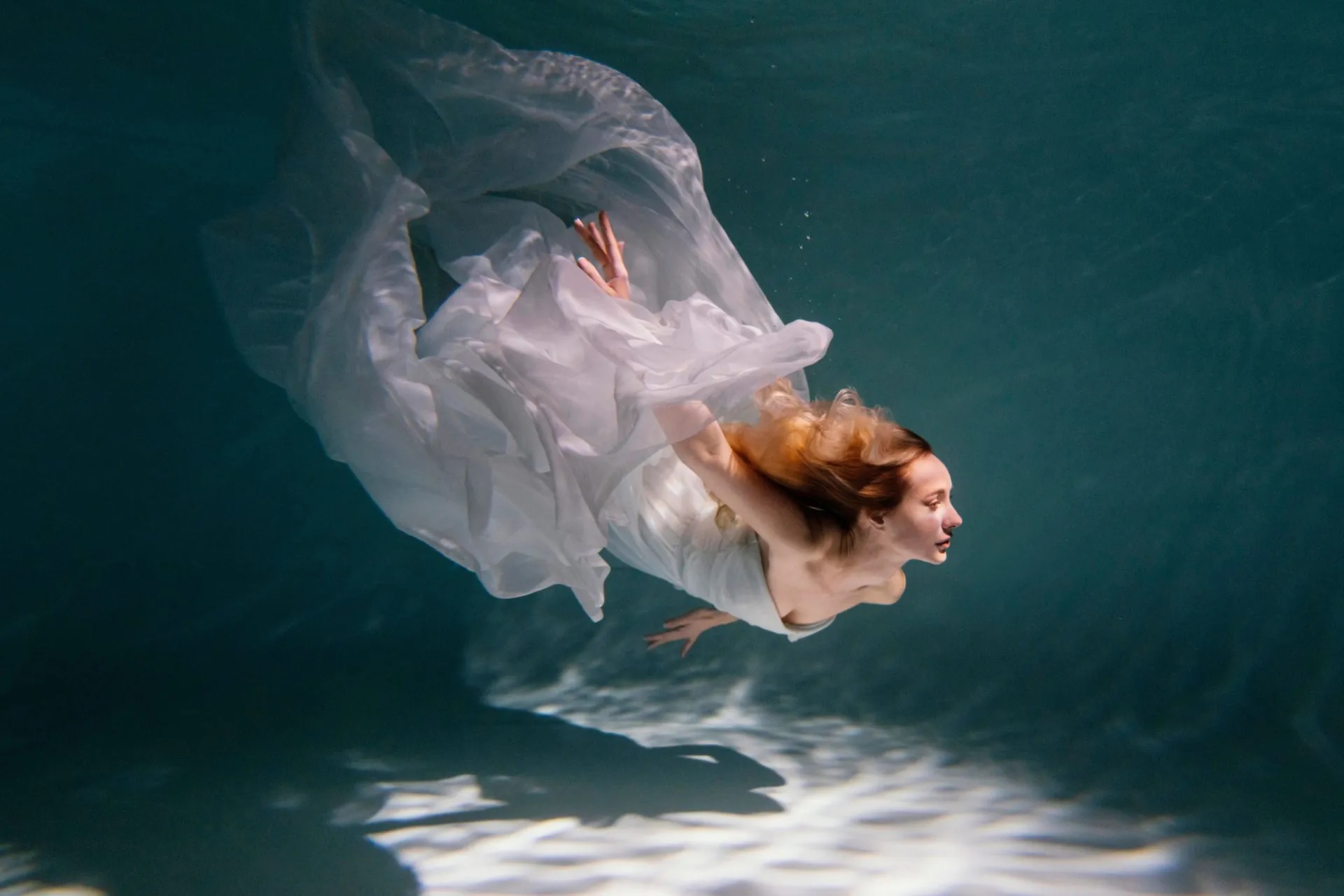
I promised myself I wouldn’t read the reviews about The Little Mermaid in order to make sure my opinion remains as untethered to someone else’s perspectives. I also did not want to say anything for or against it without watching it in the big screen.
I must admit that I did not anticipate having such a visceral distaste for a live action take on a Disney fairy tale of all things. But I left the movies and had to wash off the bad taste in my mouth by watching the animated version.
I know my reaction is so antithetical to the zeitgeist but I cannot help it. For someone who considers herself a social justice warrior, this reaction seems to go against the grain of the woke movement. But what does woke stand for? I always strongly asserted that it is a push back against racism and discrimination and any form of social inequality; that it endeavors to break the prevailing social structures that created this monolith of conservatism, close mindedness, and inability to change and adapt.
This movement resonated with me because I grew up with a father who did not want to invest in my college education, when I wanted to go to Manila to study, because “mag-aasawa ka lang rin naman.”
It felt so rejuvenating to me because growing up as a very opinionated young woman who always felt that I had to calibrate my voice, to match the audience in order to be heard, I’m glad that there is space to be as loud as you want to be.
I love the term social justice warrior because growing up poor without a toilet inside the house I know what social inequality feels like. Fighting for social justice against the structural violence in the country is not an abstract concept. It is very real to me because I lived it. This is the reason why it disgusts me when being poor and marginalized is romanticized because there is nothing inherently beautiful about abject poverty except its ability to create the drive to get out of it.
It affirms my moral compass—one that is unencumbered by religion but is guided by two forces; that of logic and empathy. Being an SJW appealed to my desire to be a truly empathetic person. I hate toxic masculinity and the machismo and the bravado that comes with it.
But then I realized as with most people, it is difficult to pigeon hole everything into beautiful boxes with tight ribbons around it. There has to be a singular voice of moderation about everything in order for society to find balance and equilibrium.
I also started to see that the prevailing social structures are not monolithic as I would like to believe because it is simpler to just fight against something tangible rather than layers upon layers of nuances and undertones.
Which is why I started asking myself questions like when is representation just a fancy term for reverse appropriation? For example, is casting a person of color (black, brown and all the beautiful shades in between) always the best way to show representation? If a white person is cast as black, it is called blackface, but when a black person like Halle Bailey gets cast to play a white character, it is called representation. Isn’t this reverse appropriation? Okay granting Ariel is a mythical character from a Disney animated feature film, that has also been so far removed from the original one by Hans Christian Andersen, I get that it sounds really crazy to be this riled up about it. But when is a push back against the zeitgeist just as equally abhorrent as the whole social structures it seeks to dismantle?
For example, a black Cleopatra in a docuseries just makes my bile go up my throat. It’s just way too much. It is as hurtful to Egyptian and Greek history as it is distasteful for women like Nzinga of Ndongo and Matamba. It is just as much of a parody of real women of greatness akin to the mythical Darna’s popularity over the arguably legendary Princess Urduja. Why can’t we pay homage to true women of color instead of creating caricatures and reclaiming white ones in the guise of representation?
I also disliked the fact that in the live action movie Ariel forgot that the ultimate reason why she traded off her fins for feet, was to go get her man. That is by far more empowering than having other creatures round you up to get you to do what you wanted to do in the first place.
I understand that I am not the target audience for this flick. I know that it was made for a younger audience who can reexperience an old saga in a fresh way, one that depicts women as strong and powerful. Hence in this retelling, Ariel had to save Eric instead of playing the damsel in distress.
Ultimately, I really dislike the rewriting of stories that have already been told, stories that have already been woven into the tapestry of our lives. I wish that Hollywood would weave new ones instead of unraveling old ones in the guise of political correctness.
But yep. Disney won in the end. They still got me to buy a ticket.

